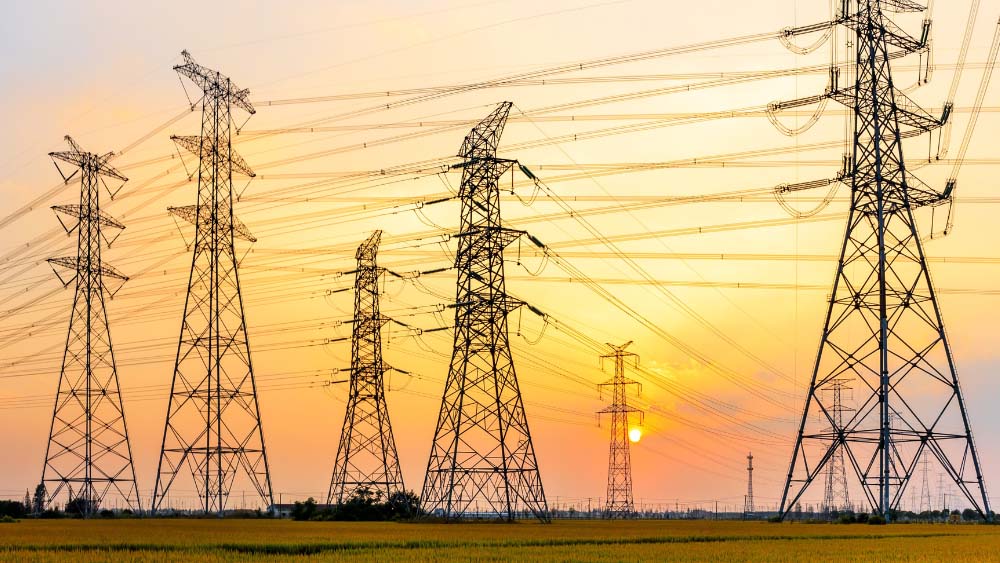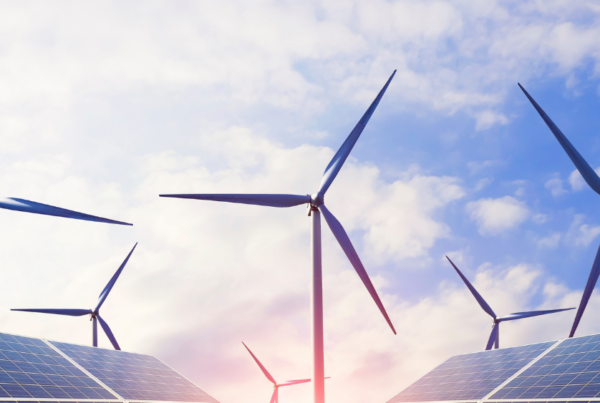
Delays to major projects like Kimal-Lo Aguirre HVDC line could reduce solar revenue by more than 50% per year of delay, according to Aurora.
(AURORA ENERGY RESEARCH)—Chile’s ambitious renewable energy plans could face significant risks as delays in expanding transmission infrastructure threaten future investments, a new Aurora Energy Research analysis warns. The slow rollout of transmission capacity from northern to central Chile could result in lower solar capture prices in the north—potentially dropping by 25% or up to $8/MWh in 2060 compared to a world where there are no delays in transmission buildout, and, in some areas, falling below $20/MWh, according to the global power analytics provider.
In its Chilean Power and Renewables Market Forecast for November 2024, Aurora Energy Research analysed a constrained transmission scenario to assess the impact of such delays in planned transmission network. The scenario assumed a three-year delay for all planned 500 kV transmission line upgrades, a two-year delay for all 220 kV lines, and projected that only half of the transmission buildout under the central forecast would be completed in the long-term.
In this scenario the relative price differences within the country reach up to 25% in 2060 as opposed to 5% in Aurora’s central forecast. Short term price differences are more pronounced as renewable projects in the pipeline come online as planned while transmission is not developed enough to move the energy to the load.
For example, the Kimal-Lo Aguirre HVDC line, designed to deliver 3 GW of transmission capacity between Santiago and northern Chile, is set to begin construction next year. However, there are already expectations that it might not come online until 2032 as planned route selection studies are behind schedule already and the ministry sees potential for resistance from local communities during the process making additional delays more likely. Delays to major projects like this could reduce solar revenue by more than 50% per year of delay, according to Aurora.
Meanwhile, prices in central and southern hubs would be double those in the north before Kimal becomes operational and remain 25% higher by the end of the forecast.
Aurora’s analysis emphasises the urgency and critical role of infrastructure, framing the geographic imbalance as a key issue. Unlike renewable energy projects, infrastructure development is not driven by developers or private investment, and its slower pace could hinder the country’s energy transition.
Inês Gaspar, Senior Associate, at Aurora Energy Research, says:
“Chile’s energy future isn’t just about building renewables—it’s about connecting them, too. Our analysis shows that reduced investment and delays in transmission projects could drive solar capture prices below $20/MWh, introducing risks that developers didn’t anticipate and that we had to quantify.”
Marvin Gareiss, Senior Associate, at Aurora Energy Research, says:
“Chile’s renewable ambitions risk being stranded without the necessary transmission backbone in place to distribute energy efficiently. As our analysis shows, delays in critical infrastructure could turn opportunities for progress into bottlenecks, stifling returns on renewable assets and exacerbating regional price imbalances. The message is clear: Energy transition demands urgency—not just in generation, but also in connection.”
– ENDS –
Notes to Editors:
The Chilean Power and Renewables Market Forecast for November 2024 is available now for subscribers. Get in touch for further information.
MEDIA CONTACT
Zina Fragkiadaki, Press Officer EMEA
zinovia.fragkiadaki@auroraer.com, +44 (0)7747219913
ABOUT AURORA ENERGY RESEARCH
Established in 2013, Aurora Energy Research is a leading global provider of power market forecasting and analytics for critical investment and financing decisions. Headquartered in Oxford, we operate out of 15 offices worldwide covering Europe, North & South America, Asia, and Australia. Our comprehensive services include market outlook packages for energy industry participants, advisory support, and innovative software solutions. We foster diversity with a team of over 800 experts with backgrounds in energy, finance, and consulting, offering unparalleled expertise across power, renewables, storage, hydrogen, carbon, and fossil commodities. Our mission is to ease the global energy transition through widely trusted quantitative analysis and high-quality decision support.






